Free Range vs Pasture Raised Explained
Free range vs pasture raised vs cage-free – what’s the difference between these types of eggs? Find out how to choose the best eggs and what certified humane eggs are.
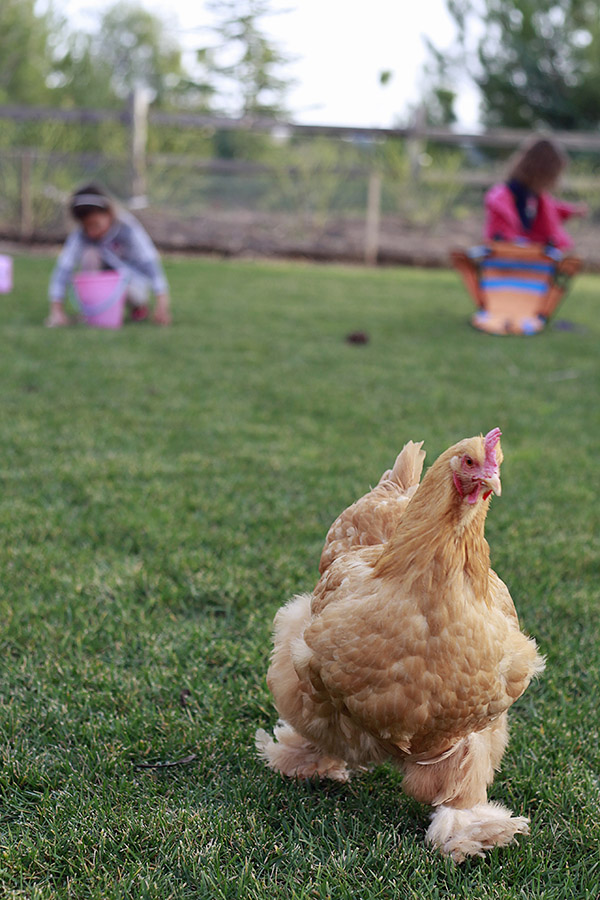
Having kept backyard pet chickens for years, we saw just how social, loving, and fun chickens are. Just like humans, dogs, cats, and cows, chickens have their own personalities. We found it very easy to tell how our hens were feeling at any given moment. They were usually happy and playful, foraging around the yard.
When you go to the grocery store, you may see a variety of labels on the egg cartons, including “free range,” “cage-free,” and “pasture-raised.” These labels indicate the conditions in which the hens that laid the eggs were raised. Here are some of the key differences between these three types of eggs so that you can make the best choices for your family.
Which Eggs are Most Ethical & Humane?
One of the primary concerns about egg production is the treatment of the hens that lay the eggs. Many commercial egg production facilities use battery cages, which are small wire enclosures that house multiple hens. These cages can be so small that the hens are unable to move around freely or engage in natural behaviors, leading to stress, disease, and physical injuries.
Determining which type of eggs is the most ethical can be challenging, as it depends on a variety of factors, including the conditions in which the hens are raised and the practices of the producers. However, there are a few general guidelines you can follow to identify eggs that are more likely to come from ethical sources. Learning the differences between cage-free and free-range vs pasture-raised is a good place to begin.
1. Pasture Raised Eggs
Pasture raised eggs come from hens that are allowed to roam freely outdoors on a pasture. They have plenty of space to move around, and they can eat a natural diet of grass, insects, and other plants.
This type of environment is thought to be the most humane and natural for the hens, and the eggs produced tend to be of higher quality. However, the cost of producing pasture raised eggs is typically higher, which is reflected in the price.
“Pasture raised” is not a type of egg production that is regulated by the USDA, though there are specific Certified Humane® parameters.
Pasture raised chicken farms are more likely to use heritage-breed chickens that lay blue eggs.
2. Free-Range Eggs
The term “free range” is regulated by the USDA. USDA free range eggs come from hens that are allowed to roam freely outdoors in a fenced area. This means they have more space and access to natural sunlight and fresh air than hens that are kept in cages and those labeled cage free.
The exact amount of time that hens spend outside and the size of the outdoor area can vary greatly depending on the producer. Certified Humane free range eggs require hens to have a certain amount of space, as described below.
3. Cage-Free Eggs
Cage-free eggs come from hens that are not kept in cages. Instead, they are typically housed in a large barn that provides more space and movement than a traditional cage.
However, they may not have access to the outdoors, and the conditions in the barn may not be much better than those in a cage. Cage-free chickens are often crammed into overpopulated and unsanitary conditions.
Free Range vs Pasture Raised
There often isn’t a big difference between free range and pasture raised. Both groups are able to roam and forage outdoors, but the conditions can vary widely.
The main difference is that “pasture raised” chickens typically have more space than “free range”. While this is not regulated by the USDA, the Certified Humane label requires pasture raised birds to have more space than free range.
Nutritional Differences
In general, the conditions in which hens are raised can have an impact on the nutritional value and taste of the eggs they produce. For example, eggs from pasture-raised hens are usually more nutritious. These contain higher levels of omega-3 fatty acids, vitamin D, and other nutrients, due to the hens’ diet of natural foods.
However, the exact nutritional profile can vary depending on a number of factors, including the breed of hen and the conditions in which it was raised. Cage free eggs are not any more nutritious than those from chickens kept in cages.
Choosing the Most Humane Eggs
Ultimately, choosing between free range, cage free, and pasture raised eggs depends on your values and preferences. If you are concerned about the welfare of the hens and the quality of the eggs, you may want to choose pasture raised eggs that are certified humane, even though they are more expensive. If price is an issue, you may be willing to buy other types of eggs or reduce your egg consumption in favor of plant-based ingredients.
What Does Certified Humane Mean?
The Certified Humane® label on chicken eggs indicates that the hens that laid the eggs were raised and treated according to specific animal welfare standards set by the nonprofit organization, Humane Farm Animal Care (HFAC).
HFAC sets rigorous standards for the treatment of farm animals, including requirements for access to clean water and nutritious food, as well as sufficient space and environmental enrichment to engage in natural behaviors. In the case of egg-laying hens, the standards prohibit the use of cages and require that the birds be allowed to move freely indoors or outdoors, as well as have access to nesting boxes, perches, and dust-bathing areas.
- HFAC’s Certified Humane® “Free Range” requires 2 square feet of space per chicken. Hens must be kept outdoors for at least 6 hours per day, weather permitting.
- HFAC’s Certified Humane® “Pasture Raised” requires 108 square feet of space per chicken. Hens must be kept outdoors and have access to an indoor enclosure for safety at night.
The certification process involves regular inspections by HFAC to ensure compliance with these standards. Farms that meet the standards are allowed to use the Certified Humane label on their products, indicating to consumers that the animals were raised and treated with care and respect.
Humane Free Range and Pasture Raised Egg Producers
Alexandre Kids
Alexandre Family Farm produces organic, certified humane, pasture raised eggs using regenerative farming methods. Chickens are kept on organic green grass with rotating mobile coops so that they always have fresh grass.
Handsome Brook Farms
Handsome Brook Farms focuses on organic, regenerative, sustainable farming practices. Hens freely roam the small farms that are certified humane pasture raised.
Happy Hens Pasture Raised
This California farm keeps its happy hens in pastures with mobile barns that are continually rotated. Chickens eat a 100% organic diet that includes native grasses, insects, and seeds.
Trader Joe’s Pasture Raised Eggs
Trader Joe’s has the best price for pasture raised eggs. They are certified humane, which means the hens have plenty of space to roam. Trader Joe’s sources its eggs from Carol’s Eggs, which you can find on the East Coast.
Vital Farms
Pasture-raised eggs from Vital Farms are traceable back to each farm. You can even take a look at the chickens at some of the farms via webcam to see them happily foraging and clucking away. All of Vital Farms pasture raised eggs are certified humane.
Recap: Free Range vs Pasture Raised Eggs
While “cage free” might sound nice, this environment is often not much better than cages. Certified Humane pasture raised ensures chickens have the most outdoor space to roam. Free range chickens may be kept in a similar outdoor environment for foraging, but the space requirement is less.


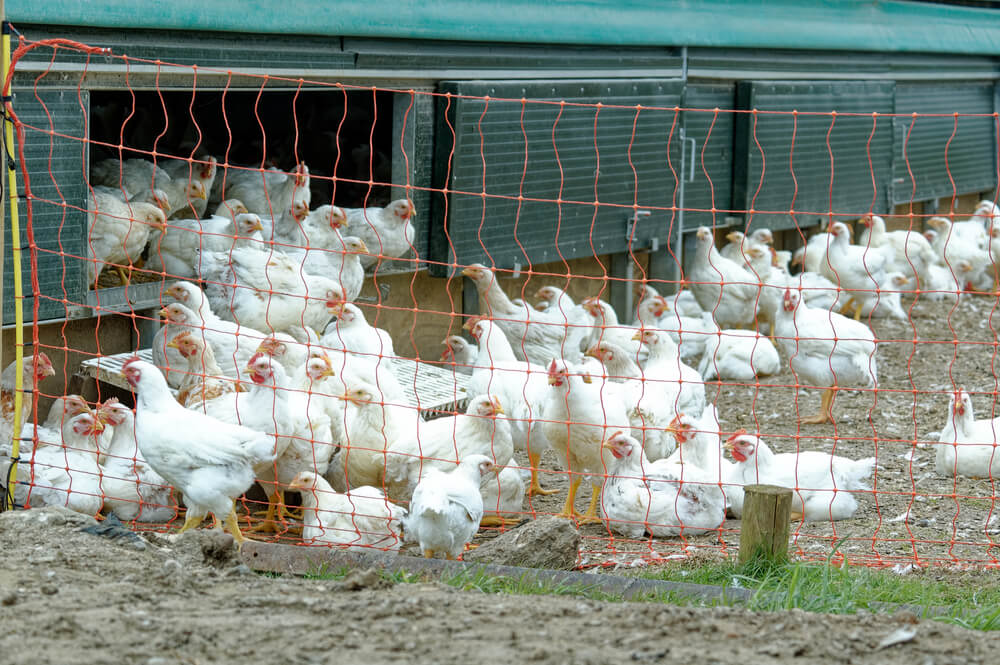
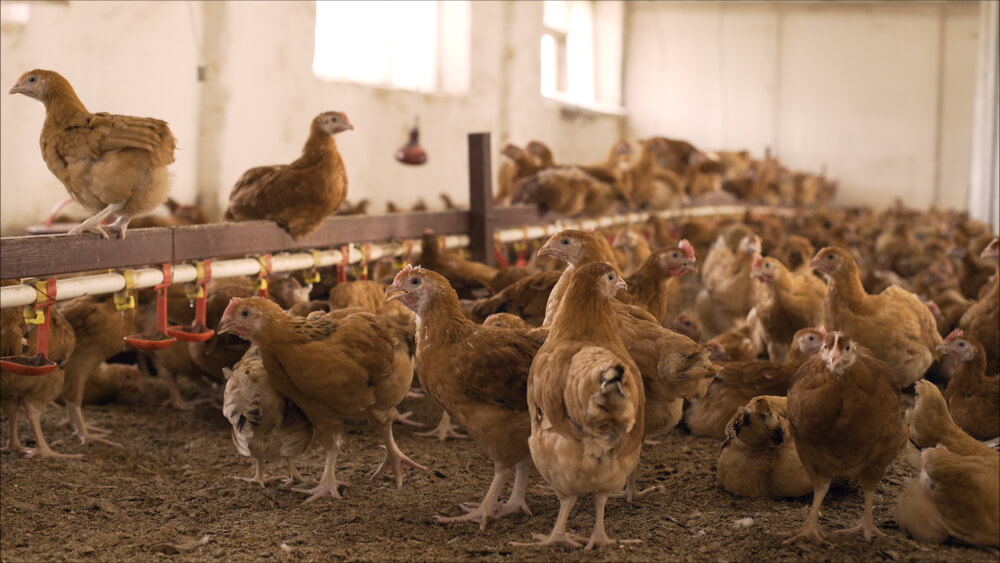
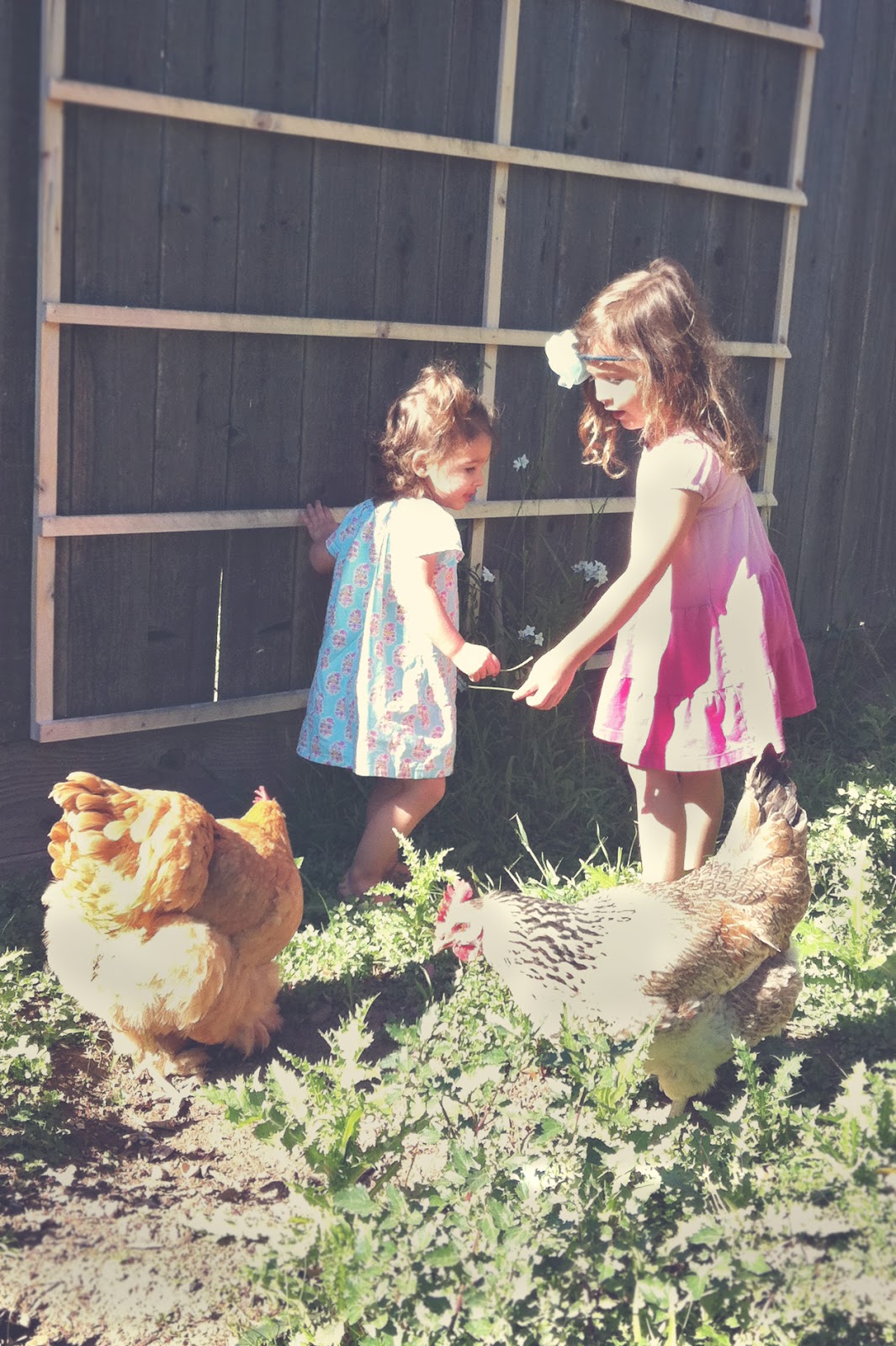

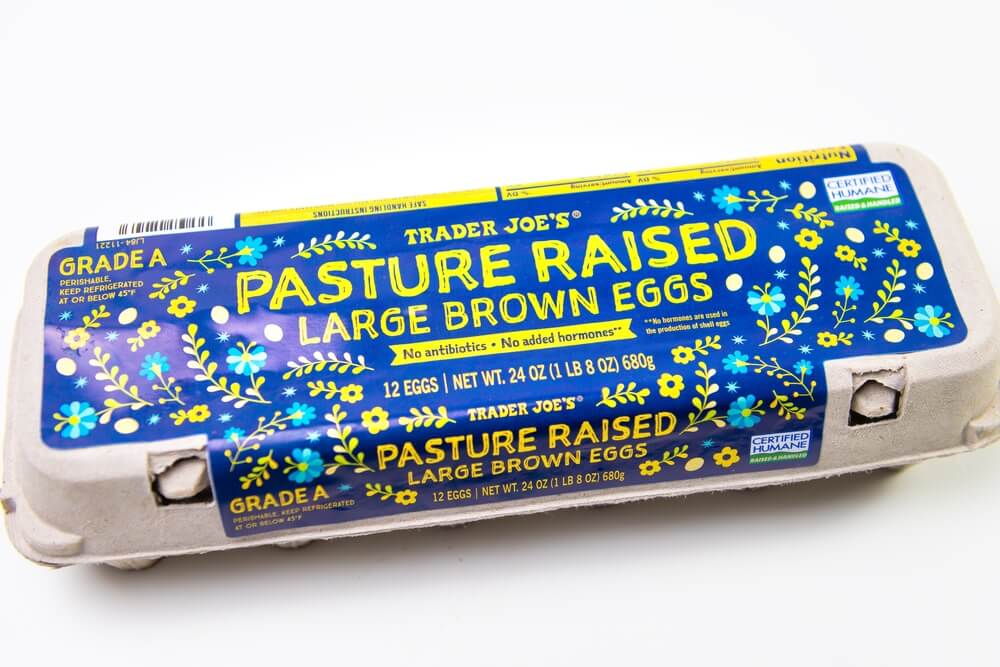

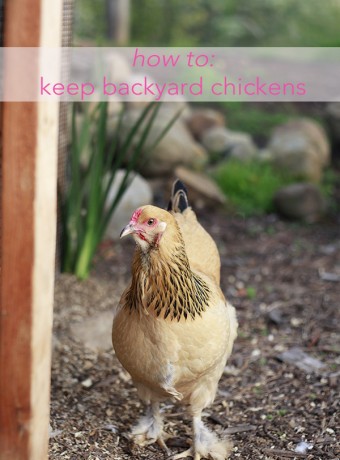






This is the first time I know how to choose right.
I appreciate this article and find it has very good info for consumers.
My only gripe is the comment: “These cages can be so small that the hens are unable to move around freely or engage in natural behaviors, leading to stress, disease, and physical injuries.” Is grossly inaccurate and a typical statement found on animal rights sites.